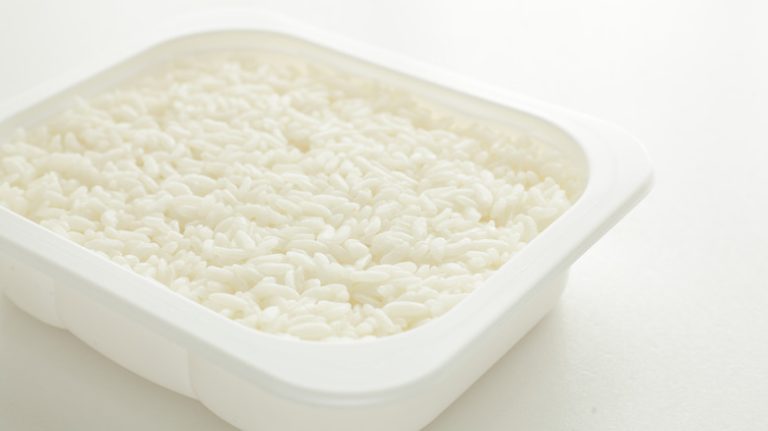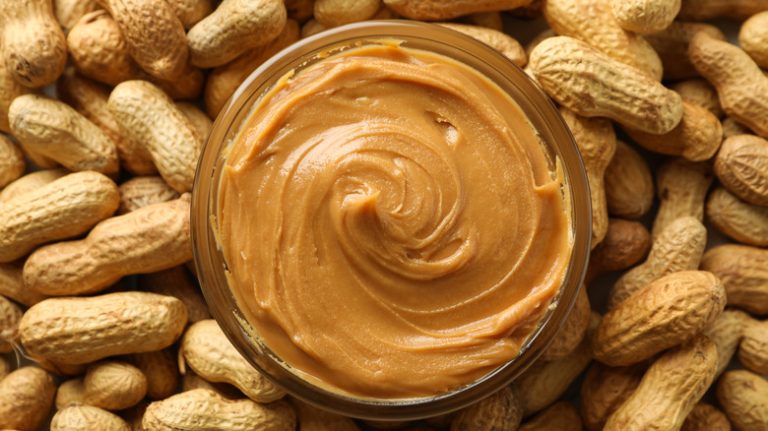Popcorn holds a certain enchantment. A single sniff can transport you to summer carnivals, movie theaters, and evenings spent with friends. It’s one of the most beloved snacks in America and possibly one of the oldest. According to Stars Insider, popcorn’s popularity dates back as far as 6,700 years.
Naturally, popcorn has evolved over the years. Nowadays, it’s seen as either a wonderfully healthy treat or an indulgent junk food best reserved for special occasions. So, which is it?
The reality of popcorn falls somewhere in between. The American Heart Association consulted Maya Vadiveloo, an assistant professor at the University of Rhode Island’s department of nutrition and food sciences. Vadiveloo points out that the key to popcorn’s health benefits lies in its preparation. Air-popped popcorn with minimal seasoning is highly beneficial, while popcorn drenched in butter and salt is not.
Both types of popcorn are rich in fiber and contain a specific antioxidant known as polyphenols. A 2013 study revealed that polyphenols can enhance gut health, making them a valuable dietary addition. However, when paired with excessive sodium and saturated fat, they can pose health risks.
Eating too much popcorn can cause bloating and lead to heart disease

If the health implications of popcorn hinge on its preparation, what are the consequences of overconsumption? In her discussion with the American Heart Association, Vadiveloo advised against excessive intake of buttery or salty foods, stating, “Sodium is a major risk factor for hypertension and stroke, making it a crucial consideration in heart disease prevention.”
The FDA advises adults to limit their sodium intake to less than 2,300 mg daily. According to Orville Redenbacher’s nutritional information, one bag of their standard butter popcorn has around 775 mg of sodium. While consuming the entire bag would mean ingesting all 775 mg, it’s not difficult to do so. Combined with other daily dietary choices, a penchant for popcorn on top of junk food could negatively impact your health.
Conversely, popcorn can be an excellent fiber source. The same popcorn bag contains five grams of fiber. Experts from the Mayo Clinic recommend an adult daily fiber intake of 21 to 38 grams, depending on age and sex. As recently as 2020, GQ reported that Americans still fall short of sufficient fiber intake. However, an excess of fiber-rich popcorn could exceed the daily recommendation. While this isn’t catastrophic, it may cause digestive discomfort, such as an upset stomach, gas, or bloating until fiber levels stabilize. Heart health implications are a more serious concern. Overall, moderation is key when consuming popcorn.
You might gain or lose weight, depending on what kind of popcorn you eat

Popcorn can be a nutritious and low-calorie snack. Despite its fiber richness, popcorn often gets a negative reputation because of the movie theater version. This is due to the fact that movie theater popcorn, laden with salt and butter, is high in calories and fat. Regular consumption of this type of popcorn might result in weight gain, especially if you exceed the recommended serving size. However, when incorporated into a balanced diet, popcorn can be a healthy snack, as noted by Medical News Today.
Interestingly, plain, air-popped popcorn is not only beneficial but may also support weight loss. Its low sugar, calorie, and fat content, along with a high fiber and whole grain composition, can help you feel satiated for longer. Combined with a balanced diet and regular exercise, consuming unflavored, air-popped popcorn in moderation can lead to weight loss over time – just ensure the popcorn isn’t overly salty!




